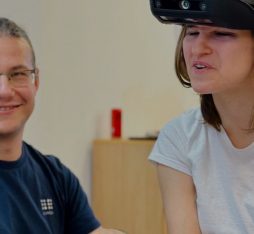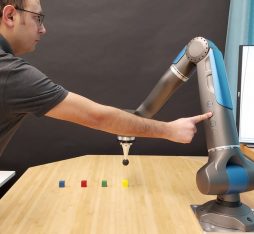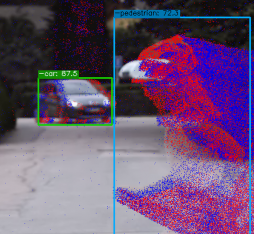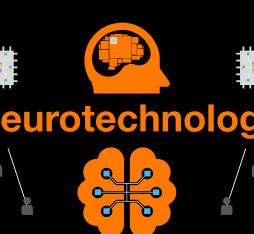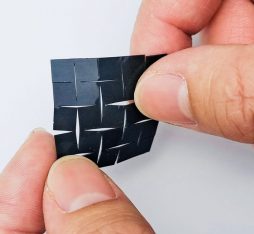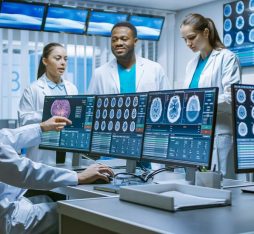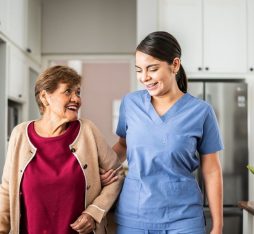● The company has developed an acoustic model that has been trained on 150 different classes of sounds.
● Company co-founder and CEO Olivier Menut talks about OSO’s plans to broaden the market for its device to include homecare patients and a wider range of institutions.
What does OSO do and how does your technology work?
Olivier Menut. OSO is a start-up specialising in the application of artificial intelligence in the field of health care. Our technology takes the form of a small Wi-Fi device that can be attached to the wall of a nursing-home bedroom or in the home of a vulnerable elderly person. This device, which functions like an augmented ear, is capable of detecting and analysing different kinds of sounds. This data is then transferred to our server, which makes use of algorithms to identify abnormal situations, which are the subject of alerts that are relayed in real time to healthcare staff. Our development team continuously trains our AI model to identify specific sounds that should be cause for concern. As it stands, our system is now able to recognise 150 different classes of sounds: notably shouts, sounds relating to falls or people losing consciousness, vomiting, choking, respiratory problems, etc. Caregivers can also provide input by tagging data collected in the field, which is used for reinforcement learning. Today, the rate of false alerts generated by our system is less than one percent.
Our technology is solely focused on medically relevant audio data.
What are the advantages for caregivers and patients?
Our service enables caregivers to proactively monitor the activity of patients and reduces the need for staff to perform constant rounds. The alerts generated by OSO ensure that staff can respond more rapidly to emergency situations, which has a positive impact on the quality of care. With regard to mental pressure on staff, you should bear in mind that caregivers worry about what they will find when they open the door to a room. With the alerts generated by our system, they now know what to expect. They also have the option of listening to the recorded audio if they believe that an alert may be a false alarm. As for the patients, they benefit from faster and more efficient care with alerts that are processed in real time and without delay.
What are OSO’s projects and how do you plan to develop the company?
We are currently working on major partnerships with French university hospitals and public hospitals in the city of Paris. We are hoping to extend the reach of our technology beyond medical establishments and make it more widely available to homecare patients. We are also continuing to develop our specialised language model with a view to overcoming obstacles posed by diction and accents, and to adapt it for people who have difficulty communicating.
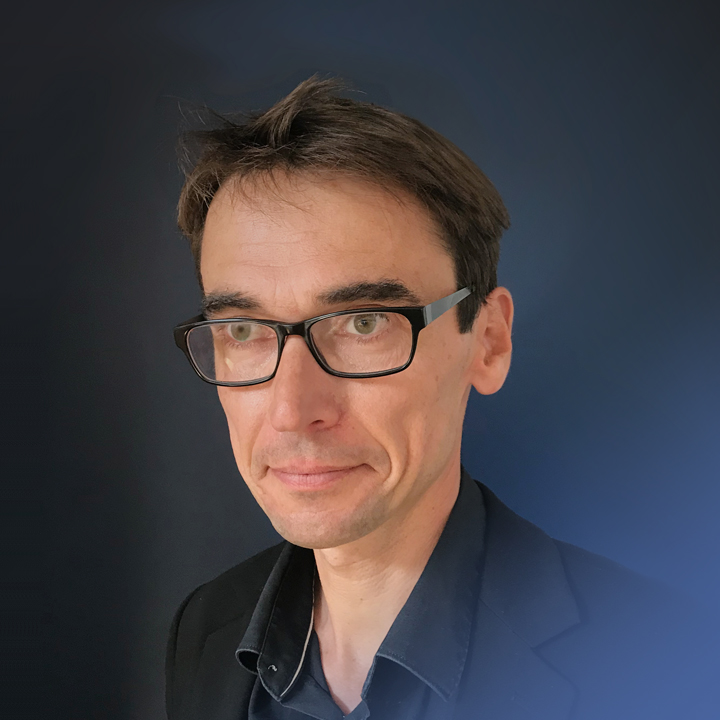 Olivier Menut
Olivier Menut




